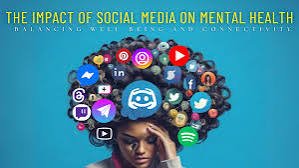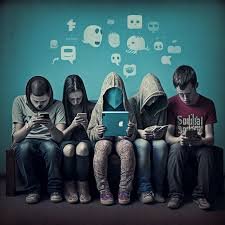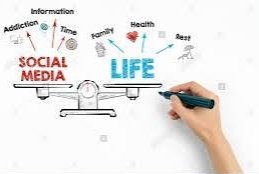In our interconnected world, social media has become an integral part of our daily routines. Platforms like Instagram and Twitter offer a wealth of benefits, but they also present challenges to our mental health. It's crucial to understand these complexities and find equilibrium to protect our well-being.

The Appeal of Social Media
Social media platforms are crafted to engage us continually, providing tailored content and fostering a sense of community. The validation we receive through likes and comments can boost self-esteem, yet this allure has its downsides.

The Dark Side of Social Media
Excessive social media usage has been linked to mental health issues such as anxiety and depression. Cyberbullying is a pervasive concern, particularly among younger users, and the constant comparison to others can breed feelings of inadequacy and FOMO.

Getting a Balance
While acknowledging these risks, responsible social media usage can help mitigate them. Setting limits on screen time, unfollowing negative influences, and practicing mindfulness are effective strategies. Prioritizing face-to-face connections and seeking support when needed are also vital steps in preserving mental well-being.

In Conclusion
Social media's impact on mental health is multifaceted. By fostering self-awareness and adopting mindful practices, we can enjoy its benefits while minimizing its drawbacks. Achieving harmony between online engagement and real-life connections is essential for promoting mental well-being in today's digital age.

• English isn't my first language; occasionally, I use Google Translator.
•All the text and images are original, except those credited with a source link.
•Feel free to upvote and comment below the post; it encourages me.
Thank you for reading.



